Gut Tests – What You Need to Know to Heal Your Gut
Gut health problems are rampant today and many people suffer from gut dysfunction symptoms such as: food sensitivities/intolerances, bloating and constipation, loose stools and diarrhoea, IBS, Crohn’s and Celiac disease.
Often when we don’t think we have gut problems, we actually do!
This is because gut dysfunction will also manifest as cognitive/mental issues such as anxiety, depression and brain fog which are intricately linked to gut health. Gut dysfunction is also behind most skin issues such as psoriasis, eczema, hives and others.
Respiratory issues that are on-going such as asthma, sinusitis, bronchitis, ear infections or anything to do with phlegm are also a major sign of gut issues.
These often co-occur, so for example I was dairy intolerant from birth and had spent years on antibiotics for chest infections.
The root cause: gut dysbiosis, inherited at birth as well as nutrient deficiencies such as zinc and others that are fundamental in proper gut health function.
So it is not very surprising that in Chinese medicine for example, the respiratory system and the bowel are treated together as part of one unit.
Histamine ‘intolerance’ and issues like hayfever that are becoming so prevalent today are also all a result of poor gut health. As a Clinical Nutritionist I see remarkable results achieved with immune system improvement when gut issues are diagnosed and resolved.
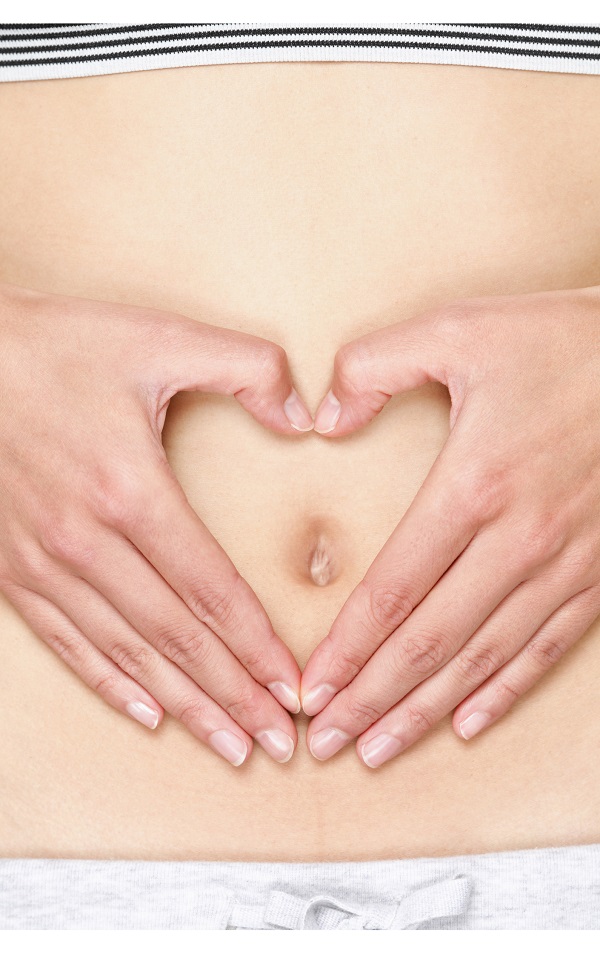
In order to heal the gut, it’s important to address the following key factors:
Low hydrochloric acid:
This is a massive problem in our society, because the biggest factor that lowers our stomach acid is stress and everyone walking around is affected by stress to some degree, including kids.
Many people are told they have too much acid when they experience reflux and indigestion and this couldn’t be further from the truth. The vast majority of us have low stomach acid.
Common symptoms of low acid include:
- heartburn, reflux
- constipation
- diarrhoea
- food malabsorption
- parasite infections and yeast overgrowth (candida).
Basically it impacts every aspect of our digestion both ‘upwards’ (into the esophagus) and ‘downwards’ into the intestine and the colon.
The reflux and indigestion symptoms are there because excessive consumption of carbs and sugars leads to a large amount of fermentation in the stomach expanding it and leading to acid being pushed up the esophagus.
Sadly many people are placed on PPIs (proton pump inhibitor drugs such as Nexium) for years even though these are only supposed to be used for short term treatments and have recently been implicated in cancer development.
The reason why it’s important to have good stomach acid is because it is meant to break down large protein molecules. Fully break them down. When this doesn’t happen properly, the larger undigested protein molecules go onto the small intestine not fully broken down leading to inflammation as well as exit into the blood stream via leak gut, thereby triggering immune reactions.
So if a piece of cheese is not properly broken down in the stomach, the peptide protein part of the casein will set off an immune response in the gut triggering inflammation.
This is why it is so vital to get this first port of call in digestion right – the stomach and its acid.
To identify the actual level of stomach acid is difficult and requires an endoscopy, however is not really necessary. A couple of basic blood tests that most of us get from our GP are usually good indicators. I also use hair analysis to identify this digestive issue as it is always evident based on the sodium and potassium levels that come back from the test.
Addressing low stomach acid is not simple however with time and diligence it does improve dramatically and so does your overall digestion. This is something I have worked on in myself for many years and have achieved great results with clients.
The starting point is to address stress– profoundly and fundamentally, which is why I work with Sydney Integrative Hypnotherapy’s Scott Allerton who uses a unique blend of hypnotherapy, mindfulness and Reiki energetic healing to change the stress response and to improved digestion.
It is absolutely vital and essential to identify your own unique stress triggers and to understand how they are impacting your digestion in order to heal your gut because stress affects the gut every step of the way- from impacting stomach acid, to modifying your gut bacteria to undesirable species (more on this below).
Acid issues again require an individual approach, however here is a simple remedy that is worth incorporating into your life to begin working on this area.
Leaky gut:
The scientific name for which is intestinal permeability. This is when the lining of the gastrointestinal tract is not intact and allows undigested food particles, as well as bacterial toxins to pass through into the blood stream.
In order to heal leaky gut, it is vital to first identify food intolerances and eliminate these foods. It is vital to eliminate gluten as this is a highly inflammatory protein for the gut. A lot of debate continues in this area, however scientific evidence as well as clinic experience clearly shows that without completely (yes, 100% completely) eliminating gluten from your diet is is impossible to achieve gut healing.
Food intolerance testing (blood) is often the first step in this process and intestinal permeability testing (urine) is sometimes needed in order to correctly identify the individual culprits.
Healing foods and nutrients that facilitate repair of the gut lining are collagen and glutamine as well as other compounds found in bone broths. However, bone broths are not a healing food for everyone- increasingly in clinic I am seeing histamine dysregulation issues and for many people bone broths and glutamine are not an option unfortunately.
Other gut healing foods are pectin, aloe vera, slippery elm, turmeric and fish oils and by far the most vital mineral for gut healing is zinc- both due to its immune functions and gut integrity role. All these nutrients need to be individually prescribed and tailored to achieve results.
Check out my simple aloe remedy you can make at home.
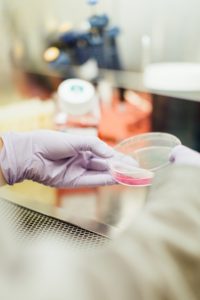
Parasites:
Parasites are extremely common and responsible for many digestive symptoms. Many people carry parasites, however only some become symptomatic. The gut environment varies tremendously from person to person and is what determines whether parasite infections will lead to symptoms. All parasites however drain our nutrient stores so this is a very important area to address.
Dientoemeba Fragilis and Blastocystis Hominis are the two most common parasites found in Australia.
Regarding parasites, there are two schools of thought among both the traditional medical professionals such as GPs and gastroenterologists and complimentary therapists such as nutritionists and naturopaths.
One school’s view is: kill them. Kill them all and us the biggest guns we have – antibiotics (medical) or strong herbal antimicrobials (complimentary).
The second school’s view (which I tend to lean towards, depending on my client’s case) is: the parasite is not the problem. The terrain is the problem.
In other words- the gut environment, the nutrient levels, the health conditions and the stress/emotional health is what are the key drivers of allowing the parasite to take hold and cause trouble.
This ‘terrain’- meaning our whole gut environment and digestion- starting from the mouth and ending in the anus is what requires work and attempting to kill off a parasite may actually make the situation worse.
Testing for parasites involves stool testing and can be done by a GP or nutritionist/naturopath and is a test I regularly order in clinic when I begin to investigate digestive complaints as well as cognitive issues.
SIBO:
SIBO or small intestinal bacterial overgrowth is a condition which is becoming increasingly and frustratingly common. Essentially it means there are too many bacteria (good or bad) in the small intestine, where they are not meant to be or where there are not meant to be this many of them.
SIBO triggers many symptoms such as food intolerances, severe bloating and abdominal pain, often constipation but sometimes diarrhoea, reflux and even skin rashes and joint pains.
A common sign of SIBO is poor sugar and carb tolerance, so when people eat simple carbs like potato/sweet potato or fruits such as apples, they will get fairly immediate bloating/cramping/discomfort.
Nutrient deficiencies are always present with SIBO and will usually mean low levels of iron, magnesium, zinc, calcium and vitamin B12 as well as poor absorption of protein – thereby low levels of mood enhancing amino acids. SIBO can also contribute to leaky gut as the bacteria damage the intestinal lining leading to all the issues described above.
Triggers for SIBO can be:
- parasites or past bacterial infections (‘my gut has never been well since that trip to….insert developing world country’),
- poor stomach acid (as above),
- poor liver and bile function (this is sometimes genetic),
- C-section birth or poor gut flora inherited from the mother,
- Stress.
Testing for SIBO is available via a breath test for different gases involved (eg: methane, hydrogen), however often it is very evident that it is present based on the person’s symptoms.
Treating SIBO takes time and diligence that often requires some weeks on a pretty restrictive low carb diet, specific anti-microbial supplements as well as fibre and individually selected probiotics.
However, despite the difficulty of treating this condition, I find this is where the biggest shifts in gut health can occur.
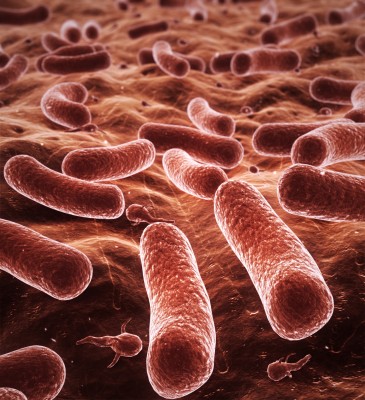
Gut Flora testing:
My guess is that 99% of the population have disrupted gut flora. If you’ve ever taken an antibiotic (EVER in your life), were born by a C-section, were breastfed for only a short period of time, live in an urban area, never had a pet and grew up in a germ-phobic household, live in a developed country- chances are you have disrupted gut flora.
100% of the clients I see in clinic have disrupted gut flora: too many of ‘bad’ species, not enough of the ‘good’. Whilst research is evolving at an exponential rate in this area, there are some definitive ‘bad’ species such as Streptococcus (strep) and Candida Albicans for example (as well as many others) that contribute to negative health outcomes when they are overgrown in large numbers.
There has been a huge explosion of research when it comes to mapping our microbiome- the bacteria that populate the large intestine. Testing methods are also evolving in this area daily and methods for testing differ from lab to lab.
Some labs only use culturing methods that don’t provide a full spectrum of results. The commonly accepted stool test to understand gut flora composition is the Complete Digestive Stool Analysis (CDSA) which I usually use in clinic.
These tests also show digestion quality of protein, fat and plant fibres. They show levels of inflammation in the gut and whether the gut has a good number of IgA immunoglobulins that are protective of the gut lining.
When the body doesn’t respond well to simple dietary changes and you still experience gut, brain or skin related symptoms it is important to invest the funds and conduct the microbiome testing.
I hope the above has shed some light for you on the various areas of the gut that can be not functioning normally due to poor dietary choices, chemical and heavy metal exposure (another blog coming on this soon), nutrient deficiencies and too much stress.
There is a lot that can be done to address your gut health and remember that addressing your gut health as early as possible means that your children and grandchildren will inherit a much more robust gut environment.
To find out how a Clinical Nutritionist can help you resolve your gut health issues book your consult with Maria or send a message now.
If you are ready to start your journey to resolving your gut health issues and prefer a self-guided online program, which contains all my clinic protocols as well as stress reduction strategies, click HERE.
You can also take the simple quiz that helps evaluate all areas of your health including the gut on my home page.

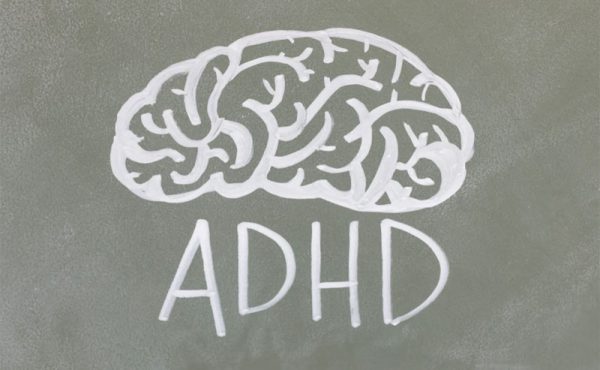

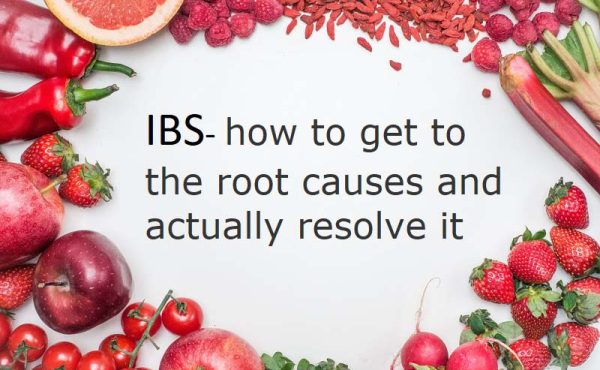

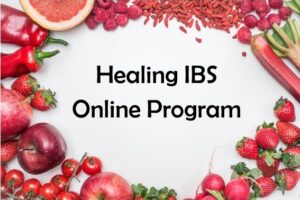


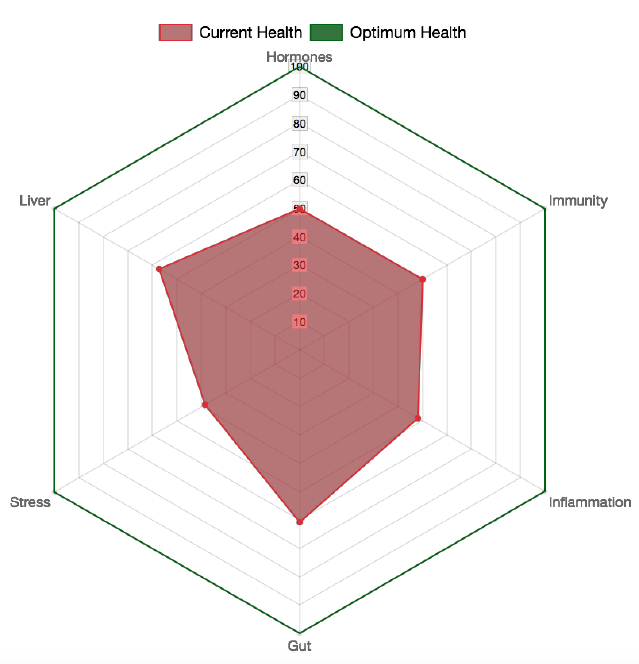


[…] It was interfering with my digestive health. […]
[…] When your stomach acid is reduced due to poor nutrient status and stress, the food is not properly broken down before it enters the small intestine and signals the liver to release bile. Undigested food changes the subsequent steps in the liver/bile production and release and over time leads to conditions such as leaky gut and SIBO which slow the metabolism and nutrient absorption even further. More about that HERE. […]
Hi there
Love this article and is perfectly timed as my 16yr old daughter has just been diagnosed celiac. We are seeing a gastroenterologist tomorrow, I am assuming an endoscopy will be requested but after reading this article is that the usual process? I am thinking I should come and see you as this is a whole new world to me.
Thanks again
Karen
Thanks Karen. Yes they will do an endoscopy and you will be told to just stop eating gluten. There is however a lot of other things that need to be done in order to make sure she will be absorbing her nutrients. Nutrient levels testing with blood and hair, gut repair (nobody tells people with celiac they need to actually repair the damage- giving up gluten is not enough). So yes when you are ready give me a call (I also do skype consults). Cheers